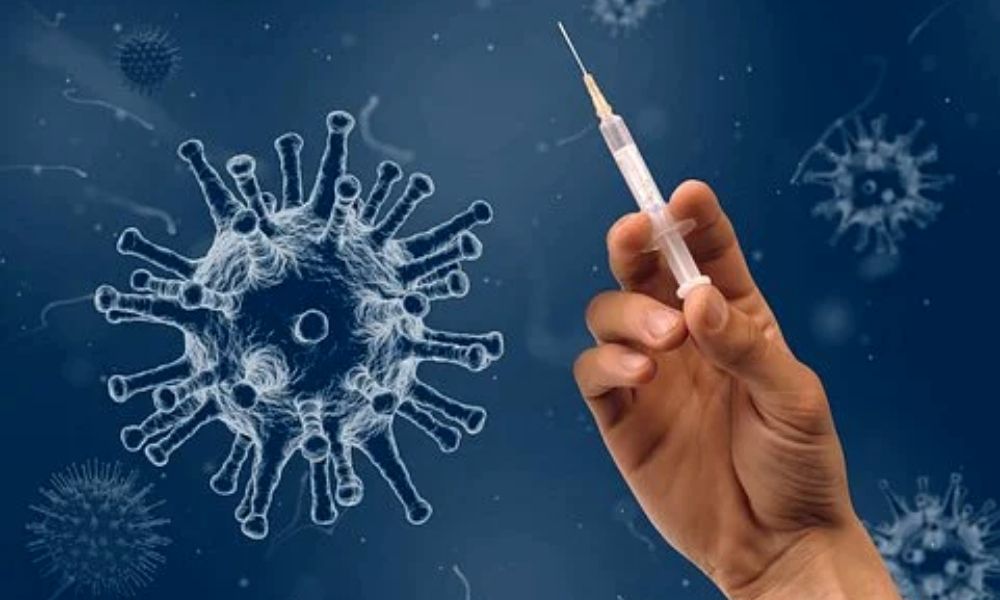Savvy Thakur
Published on: 29 November 2022 at 19:48 IST
The Central government informed the Supreme Court that, despite the fact that the government promotes vaccination against COVID-19 in the interest of the public, there is no legal requirement to do so.
The Union Health Ministry informed the Supreme Court, in response to a plea by the parents of two girls who had died as a result of side effects from the COVID vaccine, that the deaths were tragic but that the government could not be held liable.
” … the idea of informed agree is unimportant to the intentional utilization of a medication like an immunization. An affidavit submitted by the government on November 23 stated, “While the Government of India strongly encourages all eligible persons to undertake vaccination in the public interest, there is no legal compulsion for the same.”
On August 29, the Supreme Court sent a notice to the Central government regarding the plea.
The plea has asked for an independent committee to investigate the deaths and the timely release of the autopsy and probe reports.
In addition, the plea has asked for financial compensation for the parents and directed the government to develop guidelines for early detection and treatment of vaccine-related side effects.
Union government’s affidavit stated that Adverse Events Following Immunization (AEFIs) are reported for every vaccine.
“Just like a medicine has side effects, every vaccine in the world has AEFIs. “Before making an informed decision on their own,”
The Union Health Ministry argued, “a vaccine beneficiary always has the option to access even more information about the vaccine and its possible adverse effects from health workers at the vaccination site or their doctor.”
The petitioners have other legal options, according to the affidavit, including filing a claim for damages with a civil court.
Due to the fact that the vaccines are manufactured by third parties, it was also emphasized that strict liability on the Union or State governments for administering the vaccine cannot be legally defended.
According to the affidavit, “there is no material to suggest how the State can fastened with strict liability for the tragic death of the respective children of the Petitioners,” which is the legal requirement to support a claim for compensation against the State under Article 32 of the Constitution.
Specifically, it was argued that a voluntary vaccination program does not fall under the definition of “lack of informed consent.”
One of the guiding principles of medical ethics and law is informed consent, which states that patients must have adequate understanding and information prior to receiving any treatment or medication.
According to the affidavit, “the question of lack of informed consent does not arise” once a vaccine beneficiary, who has access to all relevant information, chooses to voluntarily enter a vaccination center and receive vaccination.”
“All relevant information on COVID-19 vaccination is made freely available in public domain by both the vaccine manufacturer and Ministry of Health and Family Welfare.”
It was also emphasized that the regulatory mechanism for administering vaccines in India is well-established and based on the opinions of experts at various levels.
The National Disaster Management Authority (NDMA) was recently given a mandate by the Kerala High Court to develop guidelines for identifying cases of death resulting from the effects of the Covid-19 vaccination and for compensating victims’ dependents.

